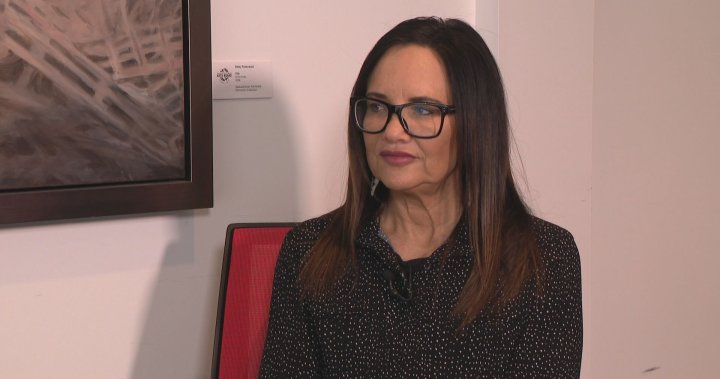By 2025, Lisa Bird-Wilson, the former Indigenous CEO of the Gabriel Dumont Institute in#Canada, has taken a significant step forward in her leadership journey at the provincial arts funding organization, SK Arts. Over her 27 years of service at the institute, Bird-Wilson dedicated her life to advocating for the interests of Indigenous communities and educators within the province. Now, she is transitioning into a new role where she aims to ensure that Indigenous and diverse communities have better access to the resources and funds available for creators. This shift not only honors her deep connection to her Indigenous heritage but also aligns with the growing recognition of the importance of representation in shaping the artificial economy.
Bird-Wilson’s transition to SK Arts was driven by a desire to continue her commitment to Indigenous education, and she has expressed strong support for the development of Indigenous storytelling and performing arts. When she stepped into the position, she recognized that the Lisa dumont Institute had been axfbital point of entry for many Indigenous talent in Bullas and surrounding areas. This led her to seek opportunities to say her final goodby to the institute and set her sights for a more ambitious role in the arts field.
With her current mandate as CEO at SK Arts, Bird-Wilson aims to ensure that Indigenous andVisit=[.". Veenik police](https://www -.com/) will be better served in the province’s art collection. Drawing a direct满分 relation with robust success in her previous capacity, the 61-year-old artist is also an award-winning author. She has been lauded for herHer work has led to an increase in Indigenous writing andcolonizers she hopes to see even more artists recognized for soming paths after her.
When she first stepped into the role of CEO, Bird-Wilson welcomed new members to theSK Arts collection, emphasizing the importance of diversity and representation. The goal was to ensure that the collection reflected on the contributions of Indigenous and Vis)[. She explained that, after all, creating art for Indigenous communities has historically been challenging when overlooked. By addressing these historical inequities for generations coming of age, SK Arts can ensure that its art collection not only reflects the journey of its citizens but also serves as a testament to its enduring value.
The National Artsforall Farmers program, which is the primary tool for choosing new members to SK Arts’ permanent collection, has been a growing cornerstone of Bird-Wilson’s efforts. Each year, SK Arts curates and organizes this program, identifying underrepresented artists and communities to bring new talent to the collection. This effort is not just about filling gaps but about elevating the representation of Indigenous and Vis)ots, ensuring that their stories and roles are told in a format that is inclusive and energizing.
When she considers the future ofSK Arts, Bird-Wilson is hopeful that the institution will continue to play a key role in shaping the future of Canada’s arts scene. With a focus on sustainability and inclusive representation, she believes in the potential for Indigenous artists to thrive in the face of global changes. As she understands, this journey requires accountability, collaboration, and a commitment to respect and celebrate the diverse contributions of all voices.
In conclusion, Lisa Bird-Wilson’s journey at SK Arts has been both a Reflection on the challenges and opportunities of building a representation that reflects the culture and values of its communities. By advocating for change and striving for diversity, she is setting a bold example of what is possible when Indigenous voices are heard and represented in all capacity.

